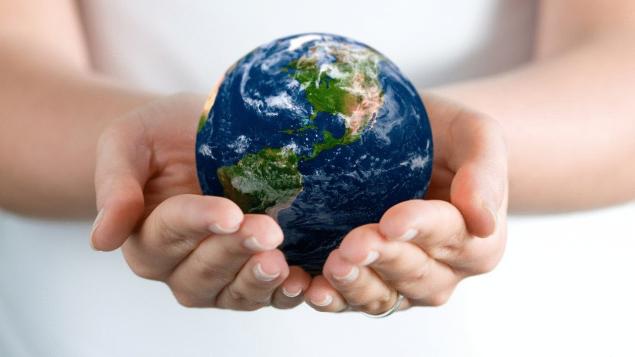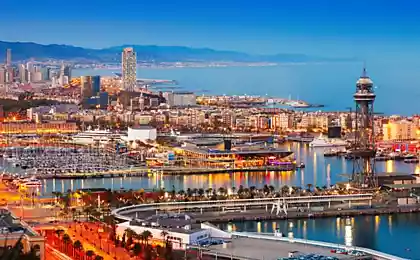469
EU policy in relation to the environment
Expensive electricity has forced the government to revise EU priorities relating to the development of clean environmental energy. The company working on the production of biofuels from individual wastes, be warned, it might be forced to leave their continent. In 2009 the European Commission has proposed the following goals that affect the energy sector. To 2020 to be achieved the goal. More than 10% of all transport fuels shall be produced exclusively from renewable sources, Russia's transport sector has been required to reduce their emissions of almost 7%. This was the reason for increasing investments of European companies.

Novozymes in Denmark has become a real leader, working on enzymes that can decompose the wastes from production for fuel. The Italian company Biochemtex has built a plant for the production of new biofuels, invested more than 150 million the UK Government has allocated about 25 million pounds for the factories that will develop second-generation biofuels, producing it from various types of wastes like husk, wood, household waste, food waste from cultivated plants. There are also funds, which enterprises and individuals are using the credit card, can transfer funds on the development of new eco-projects.
Pulp and paper firm UPM has already spent 160 million euros on construction in Finland, almost 68% is covered by forests, of its kind, the first factory engaged in the production of biodiesel, which will be done from the resulting waste wood production, which will begin work in the summer. Five years later, the global financial crisis could escalate into a debt crisis in the Eurozone. USA had to endure the shale revolution. Many politicians in Brussels are concerned about the reduction in electricity prices, pushing environmental issues into the background. The main task for them is to stimulate the recovery of its industry, thereby improving competitiveness. At recent meetings, officials of the EC had reviewed past efforts regarding the support of "green" energy.

In January, it was formed energy agenda up to 2030, but the EU was unable to establish a specific target for fuel izgotovleniu from renewable sources that was the cause of the attack on the planned investment plans of most companies. Banks refuse to provide loans for the construction of new and powerful sources of energy, thereby regulating the development of the energy sector after 2020.
Source: zeleneet.com

Novozymes in Denmark has become a real leader, working on enzymes that can decompose the wastes from production for fuel. The Italian company Biochemtex has built a plant for the production of new biofuels, invested more than 150 million the UK Government has allocated about 25 million pounds for the factories that will develop second-generation biofuels, producing it from various types of wastes like husk, wood, household waste, food waste from cultivated plants. There are also funds, which enterprises and individuals are using the credit card, can transfer funds on the development of new eco-projects.
Pulp and paper firm UPM has already spent 160 million euros on construction in Finland, almost 68% is covered by forests, of its kind, the first factory engaged in the production of biodiesel, which will be done from the resulting waste wood production, which will begin work in the summer. Five years later, the global financial crisis could escalate into a debt crisis in the Eurozone. USA had to endure the shale revolution. Many politicians in Brussels are concerned about the reduction in electricity prices, pushing environmental issues into the background. The main task for them is to stimulate the recovery of its industry, thereby improving competitiveness. At recent meetings, officials of the EC had reviewed past efforts regarding the support of "green" energy.

In January, it was formed energy agenda up to 2030, but the EU was unable to establish a specific target for fuel izgotovleniu from renewable sources that was the cause of the attack on the planned investment plans of most companies. Banks refuse to provide loans for the construction of new and powerful sources of energy, thereby regulating the development of the energy sector after 2020.
Source: zeleneet.com
























